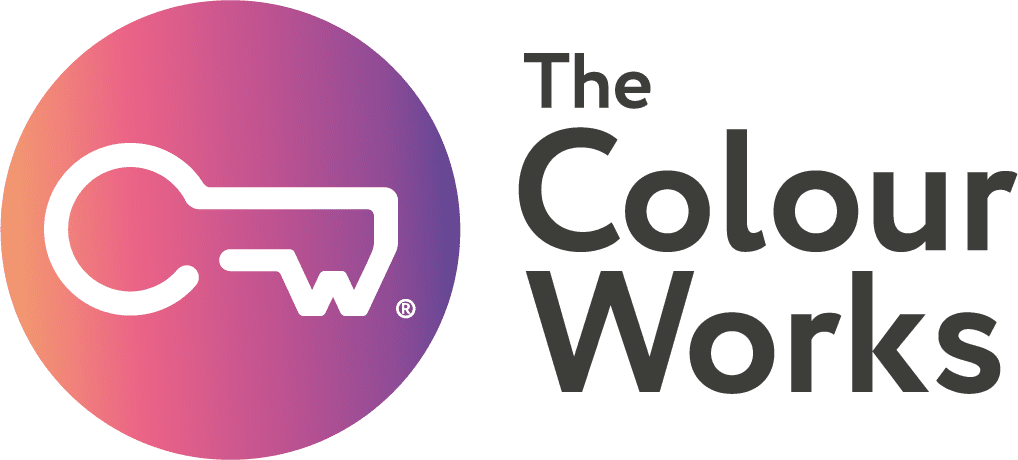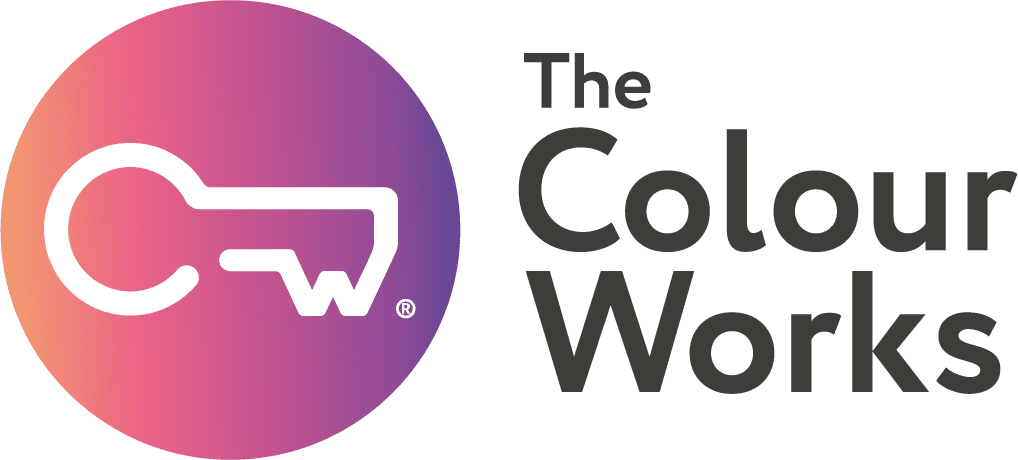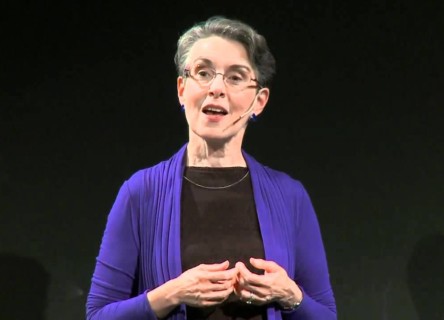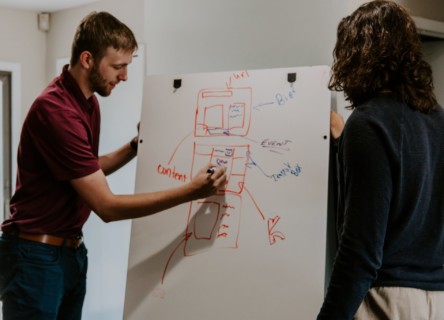Why not view our solutions on teamwork today?
Many leaders choose team members purely on their level of role-based skill — treating them, essentially, as functional assets or the individual components of a machine. Others, perhaps driven by their own narcissism, pick people who are like them, which eradicates diversity and breeds groupthink. Alternatively, they just assemble the smartest they can find.
None of these tactics work, however, because as we know and as is obvious, the dynamics of interpersonal relationships depend on individuals’ personalities, not on hard skills or expertise. You can put the best of the best together on a team, and it may still fail to perform as a cohesive unit. In fact, the only way to create a team that’s worth more than the sum of its parts is to select members on the basis of personality, soft skills, and values.
This is where ‘personality profiling’ comes in. Raising self-awareness, and subsequently your understanding of those around you and of the impact behavioural differences have on relationships, improves communication in the workplace and starts the process of achieving full potential AS WELL AS a happy team of individuals.
The science behind personality assessment has advanced well beyond the Myers-Briggs, a relatively tired assessment tool. Although many tools exist, we at The Colour Works use the world-class Insights Discovery colour model and personal profiles to get you understanding yourself, understanding others, and learning how to work together in a positive way, because we believe it is the best. The Insights Discovery model is based on the extensive research of Swiss psychologist Carl Jung and the subsequent work of Jolande Jacobi, one of his leading students. The accessible model uses four colours to represent observable behavioural patterns which are measured by the Insights Discovery evaluator; a 25-frame questionnaire of 100 word pairs which when completed, produces the Insights Discovery Profile.
Importantly, assessment tools can be used to profile not just individual team members but also entire groups, allowing fascinating and often game-changing insight into why a team may or may not be accomplishing greatness. On the individual level, learning about yourself — your strengths, weaknesses, and how others see you — builds your emotional intelligence, a key factor within the realm of personal, and consequently team development. Teams with members who are open-minded and emotionally intelligent are more likely to leverage conflict to improve performance.
Using a whole team as the unit of profiling and support work enables focused coaching for the team. Through The Colour Works’ facilitated team coaching workshops, we benchmark team performance, investigate team strengths and weaknesses, clarify values, embrace inclusion and diversity, complete 360 feedback and monitor the progress made the whole way through as well as ROI.
Typically, top leadership teams are heavy on results and light on relationships and process. We need to change the working landscape – your soft skills make your hard skills shine! Teams also perform better when their members share work values. A long series of studies conducted in the British National Health Service has shown that teams whose values cohere identify more strongly as a group and display greater levels of innovation. Because values are a guide for behavioural choices, group members who share similar values are more likely to agree about group actions, and vice-versa.
Effective and engaged team-working is THE most important focus point going forward. With today’s quickly-changing professional climate, most leaders are being forced to understand, if they don’t already, the benefits of collaboration, but they’re running a tough job trying to build cohesive teams across social, geographical and loyalty boundaries. Tapping into their internal resource by using profiling systems to increase self-awareness at all levels within their organisation will leave them better equipped to deliver what’s required in this age of high expectation, stretched and hard-worked individuals and globally-dispersed workforces.
Related Articles
Are You Even Remotely Interested?
What’s Your Remote Working Style? Over the last year our skills, knowledge, creativity, behaviour, motivation, patience and resilience have all …
Read MoreTED Talk: Teresa Amabile – The Progress Principle
We previously outlined the work of Teresa Amabile and Steven Kramer, who researched the relationship between making progress and feeling …
Read MoreSo, you’ve run a team satisfaction survey – now what?
Running a team satisfaction survey is a prelude to taking action. Without action there is no progress, and without progress, …
Read More

